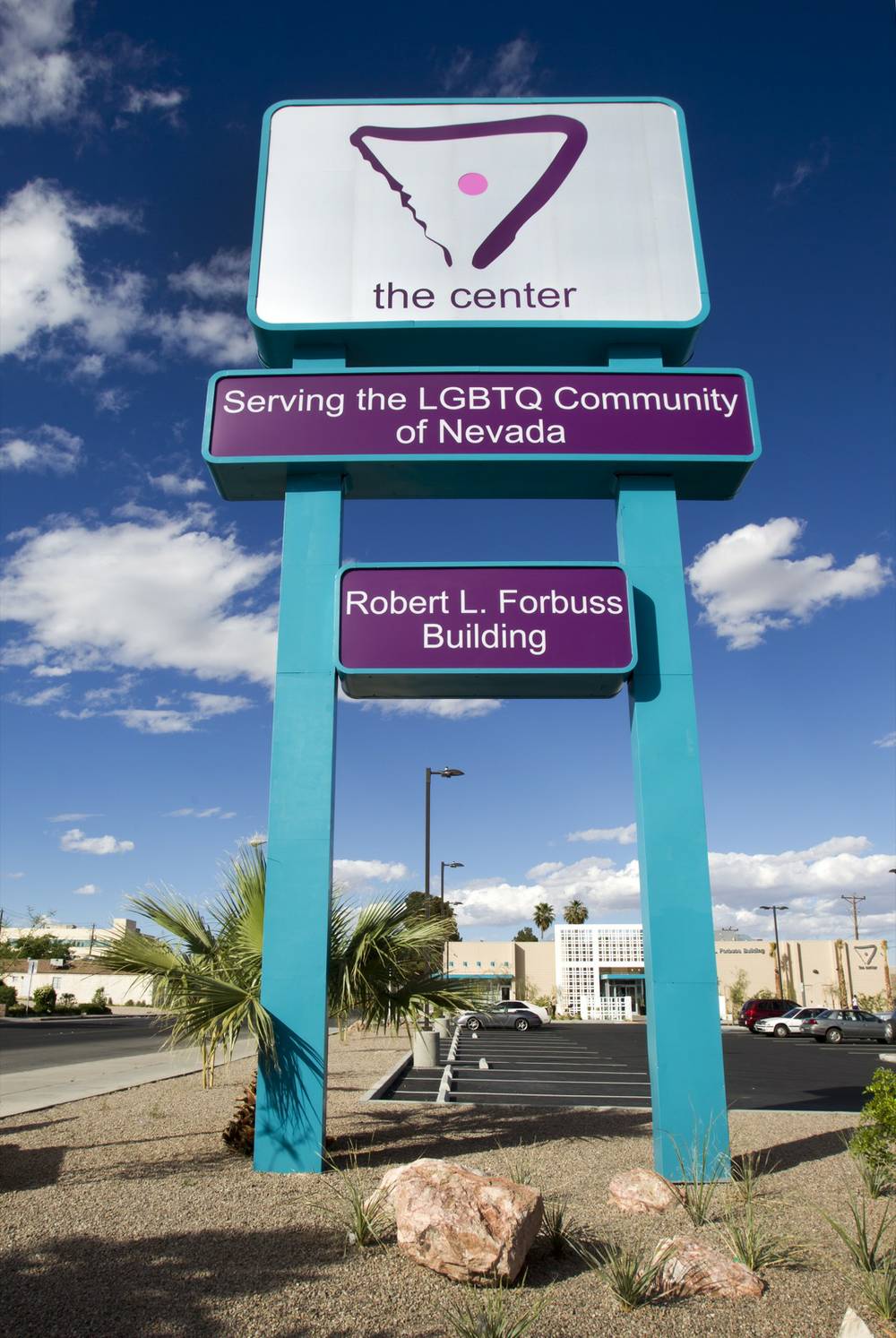“What’s the very first thing you ask when someone is pregnant?” Holly Reese asked, illustrating the gender binary. Even before birth, we expect one of two boxes to be checked: boy or girl, male or female, blue or pink.
But not everyone fits into those two boxes, which was the focus of the Gay and Lesbian Community Center of Southern Nevada's January 22 GenderSense, a training on transgender cultural competence for the greater Las Vegas community, but also specifically intended to reach lesbian, gay and bisexual locals who share the LGBT umbrella.
The event was held in memory of Leelah Alcorn, a transgender Ohio teen who committed suicide in December due to a lack of understanding about her transgender identity. A blanket term, “transgender” encompasses those whose gender identity doesn’t align with the one assigned at birth.
Reese, the Center's senior and transgender programs manager, kicked off the conversation by asking attendees to share terms used to describe the diverse transgender community, which include but aren’t limited to: trans, genderqueer, gender non-conforming, FTM, MTF and even terms from other cultures like hijra (India) and two spirit (Native American). Note the omission of tranny, transsexual, transvestite and hermaphrodite—now widely considered outdated and even offensive. “We never want to cause harm,” Reese said. “Go with the language someone gives you.”
If it’s not given, communication is key. When some audience members expressed apprehension at not knowing which preferred gender pronouns to use (he, she, him and her are also part of the narrow gender binary), the Center’s youth services manager Cameron Catton advised simply, “Ask.” The conversation concluded with a discussion about the issues still affecting the largely marginalized transgender community, including health care, identification documentation and restrooms—and the moderators were quick to mention all are in need of support from allies, specifically the first three-fourths of the LGBT spectrum.
For more information on the Center's transgender programs and to access community resources, visit thecenterlv.org.




